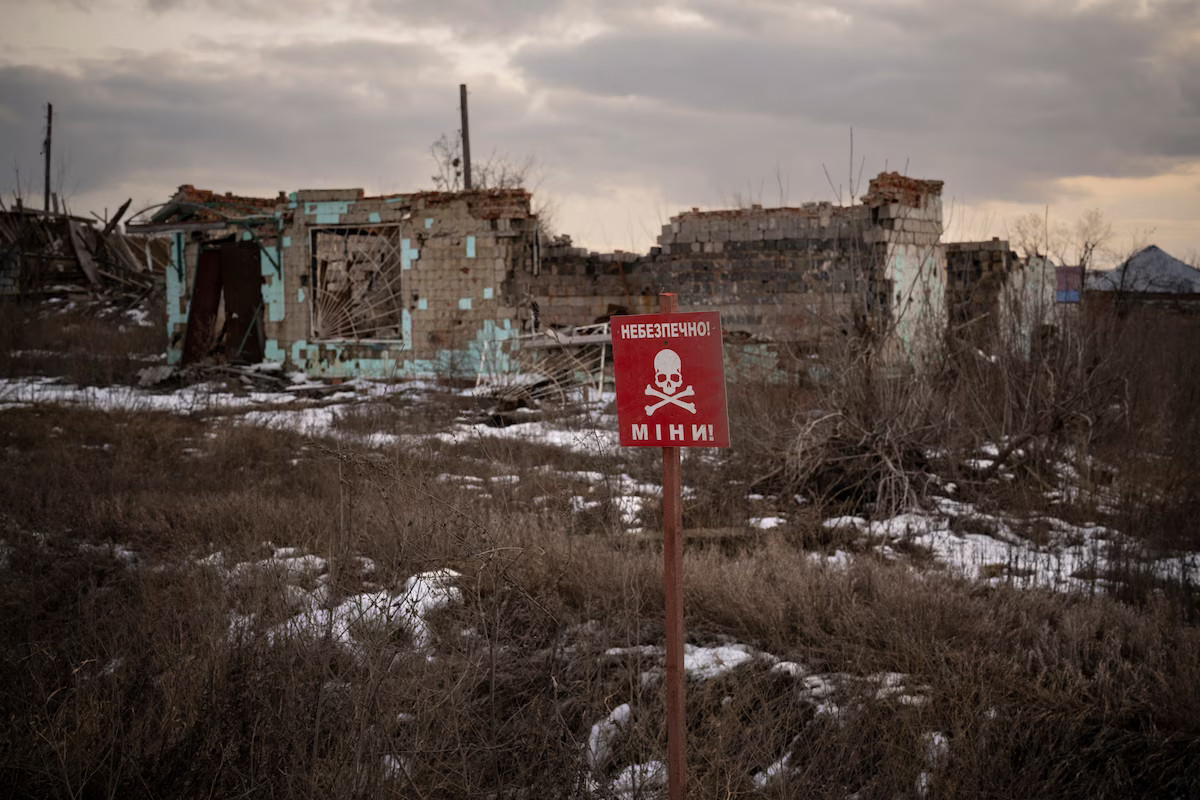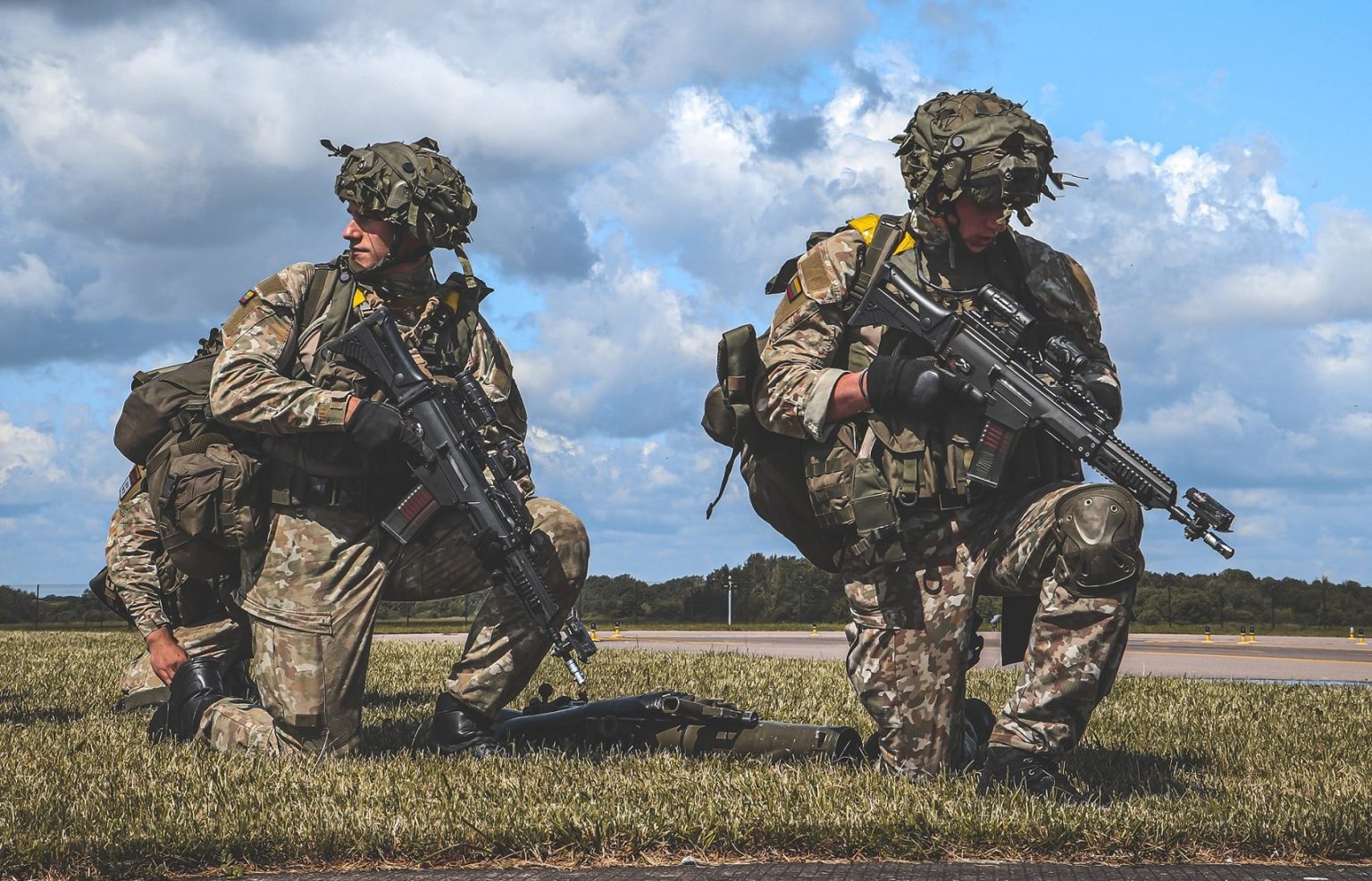
The Baltic states are considering withdrawing from the Ottawa Convention on the Prohibition of Anti-Personnel Mines amid a full-scale Russian-Ukrainian war.
The Washington Post reported on this.
In recent weeks, politicians in Lithuania, Latvia, and Estonia have been discussing the feasibility of withdrawing from the international convention prohibiting anti-personnel mines.
So far, each country has decided not to withdraw from the treaty, but the Baltic states continue to invest in anti-tank mines.

“The goal for all of us is to strengthen our defense capabilities, to do everything so that our border is protecting our societies. We should defend our territory from the first inch,” Latvian Defense Minister Andris Spruds noted.
The Baltic states have recently agreed to jointly build a powerful defense line. The plans of Lithuania and Latvia are not disclosed, but it is reported that Estonia plans to build about 600 concrete bunkers on its borders, which can accommodate 10 people.
“We can expect that within the next decade, NATO will face a Soviet-style mass army that, while technologically inferior to the allies, poses a significant threat due to its size, firepower and reserves,” Kaupo Rosin, Director General of the Estonian Foreign Intelligence Service, wrote as part of an annual intelligence assessment released this month.
Some Baltic politicians state that despite NATO’s defensive guarantees, Ukraine’s recent experience facilitates the need to deter a possible Russian invasion on its own.

Despite the Russian threat, the Baltic states have so far found more pros than cons of being part of the Ottawa Convention.
The Latvian Minister of Defense pointed out that advantages prevail over disadvantages, including the risk to civilians and the international resonance that may come from such a move.
“There is a whole range of landmines that we can use. And Latvia is absolutely ready to develop this potential. We have landmines in our arsenal, and we will develop this potential without receiving those landmines that the Convention prohibits,” he said.

The treaty allows countries to use anti-tank mines, which are considered safer for civilians because they require much more weight to trigger.
The treaty also allows for the use of remotely controlled mines, which can target individual infantrymen when given a command.
“Anti-personnel mines are difficult to control. After all, it is not your opponent or enemy who will be clearing them, but our own children and animals,” Kusti Salm, Permanent Secretary of the Estonian Ministry of Defense, said.
The Baltic states praised the effectiveness of the capital fortifications and minefields, but are not yet ready to adopt a decision that would allow the use of anti-personnel mines.
Підтримати нас можна через:
Приват: 5169 3351 0164 7408
PayPal - paypal@mil.in.ua
Стати нашим патроном за лінком ⬇
Subscribe to our newsletter
or on ours Telegram
Thank you!!
You are subscribed to our newsletter